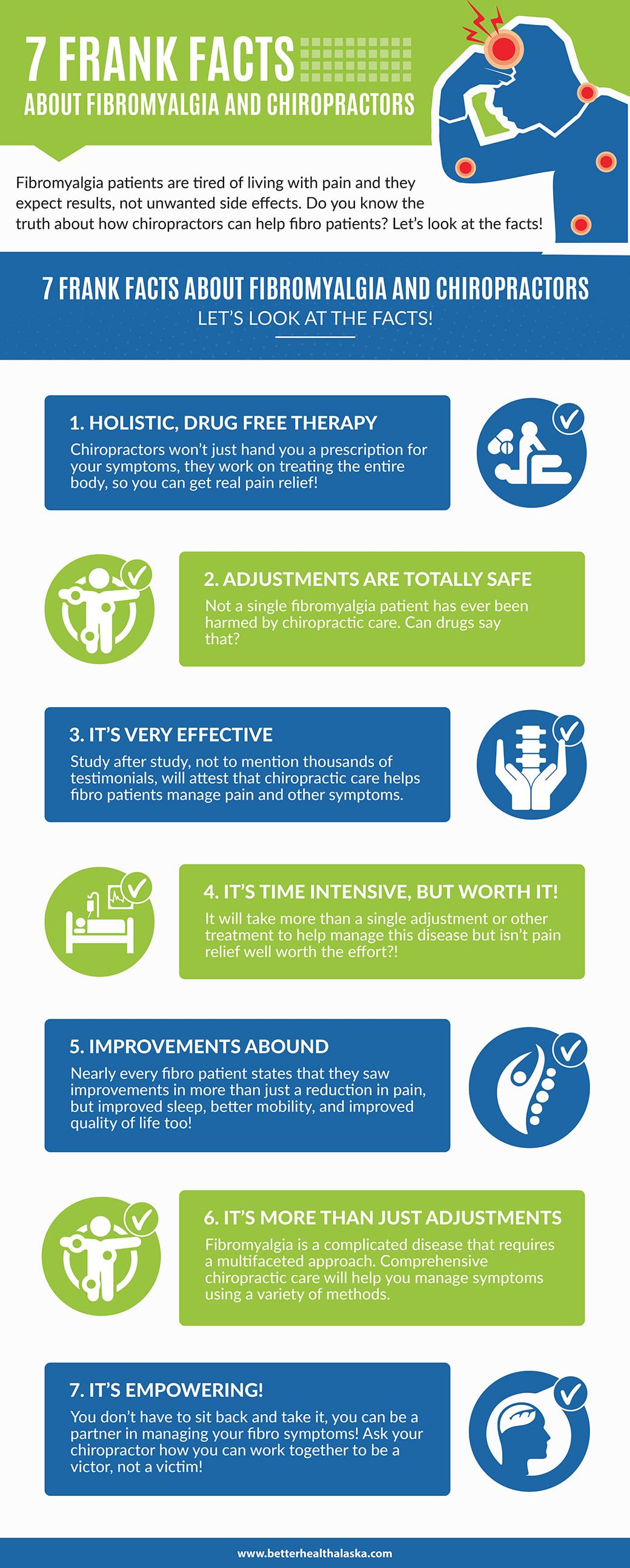Is Cold Laser Therapy Recommended For All People?
Is Cold Laser Therapy Recommended For All People?
Blog Article
Post Composed By-Thomas Christie
You might be wondering about the safety of cold laser treatment for various individuals. While it's normally taken into consideration secure, there are specific groups that should approach it with care. From expecting people to those with particular clinical problems, understanding the subtleties of who can securely undergo cold laser treatment is important for ideal end results.
That Can Gain From Cold Laser Therapy?
If you deal with persistent pain, cold laser treatment can use you significant relief. This non-invasive therapy has been found to be valuable for a wide range of problems, including arthritis, tendonitis, and muscle strains. Whether you're an athlete handling sports injuries or a specific experiencing day-to-day pains and pains, cold laser treatment might be able to help ease your discomfort.
In addition, if you're seeking a drug-free choice to handling discomfort, cold laser treatment could be a suitable option for you. By utilizing low-level laser light to promote recovery at the cellular degree, this therapy advertises tissue repair work and minimizes swelling, resulting in boosted discomfort administration without using drugs.
Possible Threats and Adverse Effects
When taking into consideration cold laser therapy, it's important to be aware of the prospective risks and side effects connected with this treatment. While cold laser treatment is normally thought about secure, there are a couple of feasible adverse effects to bear in mind.
Some people may experience light pain during the therapy, such as a minor tingling feeling or heat in the targeted area. In visit our website , skin irritability or inflammation at the website of therapy may happen.
Furthermore, there's a small risk of eye injury if the laser is routed towards the eyes. It's essential for both the person and the specialist to use safety eyewear throughout the treatment to stop any type of unintended exposure to the eyes.
Moreover, cold laser therapy should not be executed over locations with energetic malignant growths or on clients who are expecting, as the results of the therapy in these cases aren't well understood.
Safety And Security Factors To Consider for Specific Teams
Take into consideration the security considerations for specific teams when going through cold laser therapy to guarantee ideal treatment results.
Expectant individuals ought to stay clear of cold laser treatment straight on the abdominal area or lower back, especially during the very first trimester, to avoid any kind of possible harm to the developing unborn child.
Individuals with a background of skin cancer cells or skin conditions that make them a lot more sensitive to light ought to seek advice from a healthcare provider before undertaking cold laser treatment, as it might aggravate their problem.
Individuals with a pacemaker or other implanted electronic tools need to inform their doctor prior to treatment, as the laser's electromagnetic radiation might potentially disrupt these devices.
Those with epilepsy needs to likewise work out care, as the flashing light from the laser may activate seizures in some individuals.
In addition, people taking photosensitizing drugs must know that cold laser treatment can raise their sensitivity to light, possibly leading to damaging reactions.
Conclusion
In conclusion, cold laser treatment is generally risk-free for a lot of individuals, using a non-invasive and drug-free option for pain alleviation and cells healing.
Nevertheless, it is very important to take into consideration possible dangers and adverse effects, as well as safety and security factors to consider for particular teams such as expecting individuals, those with skin disease, and individuals with electronic implants.
Constantly seek advice from a doctor before undergoing cold laser therapy to guarantee it's risk-free and efficient for you.
